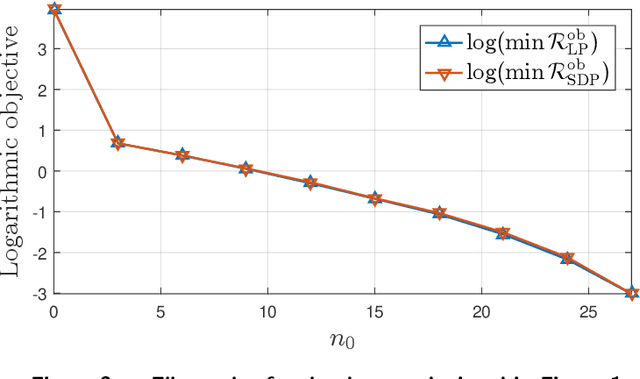Size Matters: Cardinality-Constrained Clustering and Outlier Detection via Conic Optimization
Paper and Code
Oct 05, 2017



Plain vanilla K-means clustering is prone to produce unbalanced clusters and suffers from outlier sensitivity. To mitigate both shortcomings, we formulate a joint outlier detection and clustering problem, which assigns a prescribed number of datapoints to an auxiliary outlier cluster and performs cardinality-constrained K-means clustering on the residual dataset. We cast this problem as a mixed-integer linear program (MILP) that admits tractable semidefinite and linear programming relaxations. We propose deterministic rounding schemes that transform the relaxed solutions to feasible solutions for the MILP. We also prove that these solutions are optimal in the MILP if a cluster separation condition holds.
 Add to Chrome
Add to Chrome Add to Firefox
Add to Firefox Add to Edge
Add to Edge